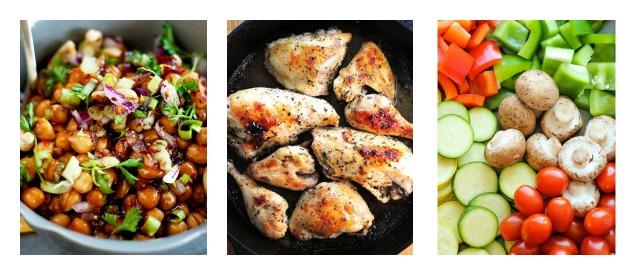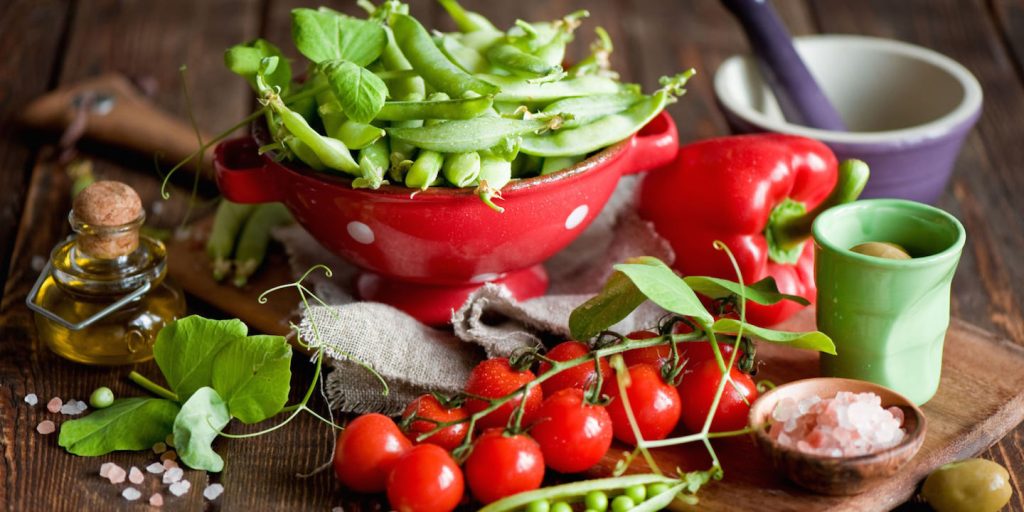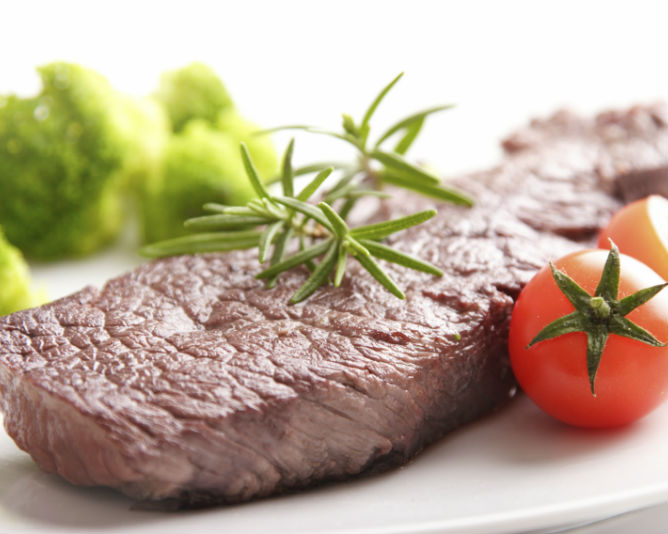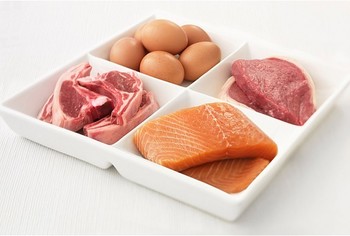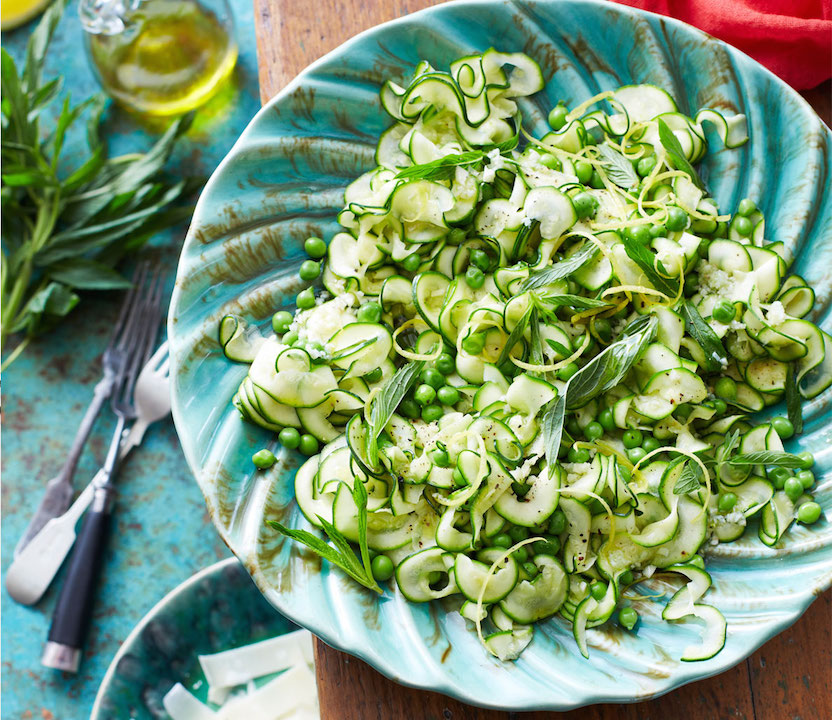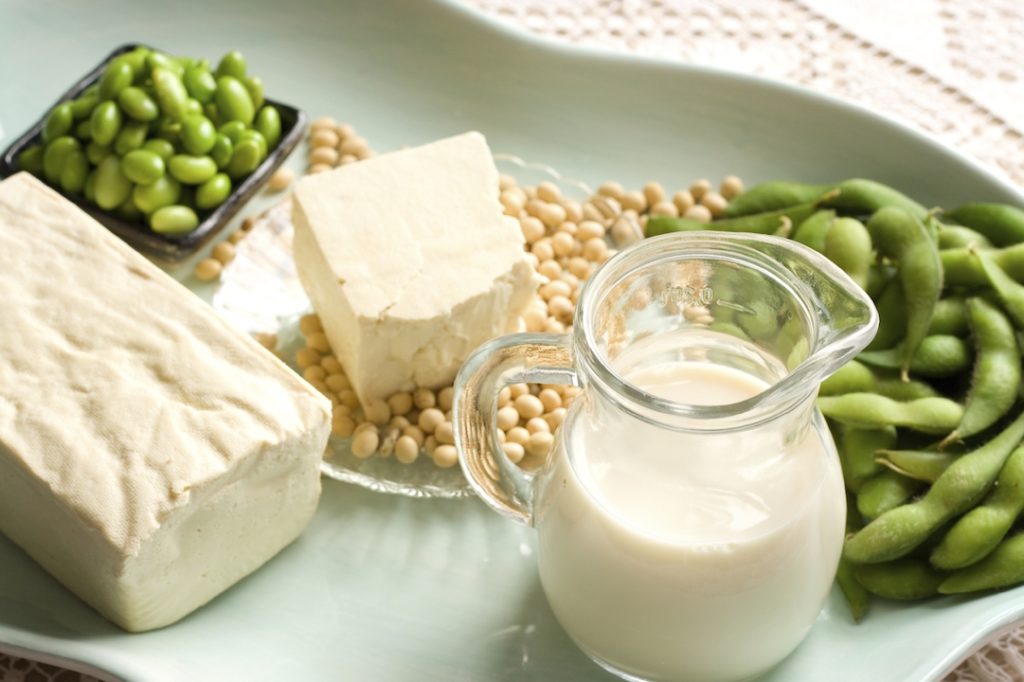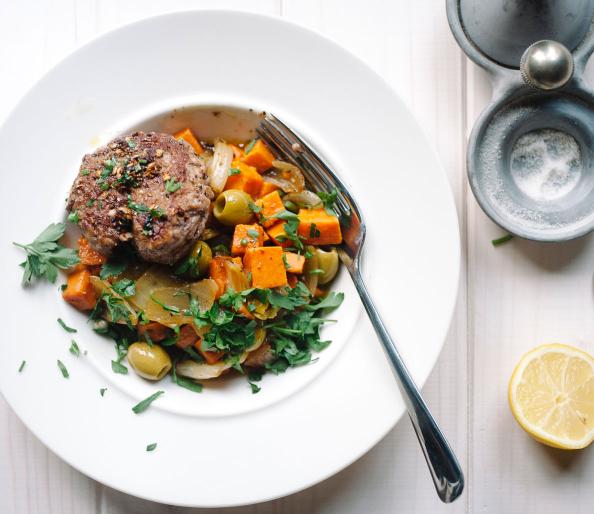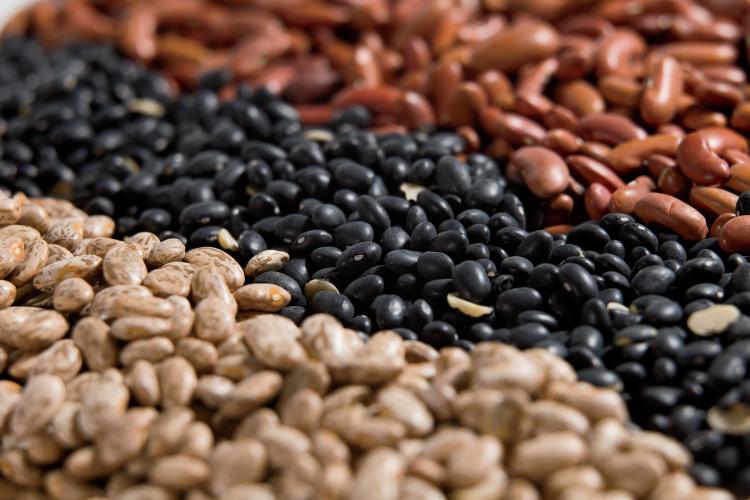Health
The Pegan Diet: Is Blending Paleo & Vegan The Answer To All Our Dietary Issues?
Paleo and Vegan are two extreme diet regimes that are poles apart. While one sustains majorly on eating habits of the Paleolithic era – ages ago – the other is fairly contemporary with foods that devoid of any animal produce.
But defying all popular beliefs and facts, the pegan diet (paleo plus vegan) has arrived. The idea behind it is that by taking the best of popular paleo and vegan plans, you can get a surprisingly sustainable way of eating.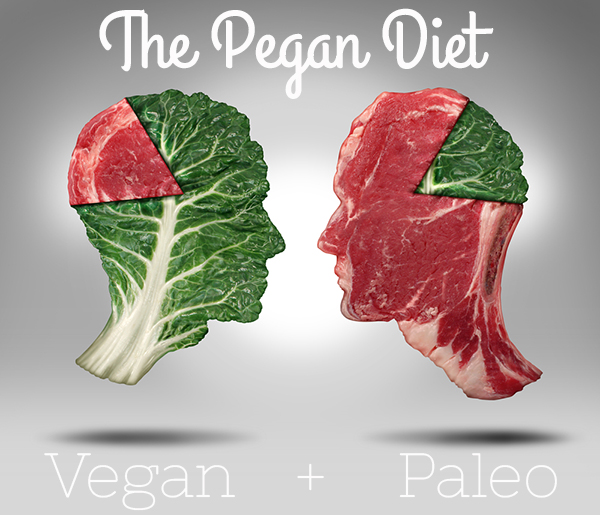
Some of the problems with paleo and vegan diets are that they are difficult to follow. For instance, people trying to follow a paleo diet tend to miss their grains, while vegans often have a hard time getting enough protein. This blend is very sustainable for the average person.
Here’s what you need to know about this eating plan.
More On Pegan
The pegan diet focuses primarily on fruits and vegetables — specifically, filling 75 percent of your diet with plants, and rounding out the other 25 percent with animal protein and high-quality fats.
“The pegan diet is a somewhat odd combination because the foundation of vegan diets is a belief of not consuming any animal products,” says nutritionist and chef Beth Saltz, MPH, RD. “A better description is probably a very clean, modified paleo diet.
Though the guidelines of the pegan diet are still developing, these are the basic dos and don’ts of eating pegan.
What You Can Have
Fruits and Vegetables
Both vegan and paleo diets place an emphasis on plant-based foods, since they’re a tremendous source of the vitamins and minerals that our bodies need to remain healthy. They should make up 75 percent of your diet.
Meat
Taking a clue from paleo, protein should come from grass-fed and antibiotic-free animals — in other words, organic. Animal protein like chicken, beef, fish and eggs should only make up approximately 25 percent of your diet.
High-Quality Fats
Olive, coconut and avocado oils, in addition to avocados, nuts and other sources of omega-3 fats, are staples of the paleo diet and tend to be a part of good vegan diets, too. However, you’ll want to steer clear of peanuts, which are a legume, and limit the amount of saturated fats found in grass-fed or sustainably raised animals.
Healthy Grains
Vegans often rely on grains for energizing B vitamins. Reach for gluten-free, whole grains, such as quinoa, when you’re on a pegan plan.
Lentils
A nutritional powerhouse and great source of meatless protein, small beans like lentils are allowed in limited portions. Other beans or legumes like pinto and peanuts should be avoided.
What You Can’t Have
Dairy
Shunned by vegan and paleo dieters alike, dairy has no place in the pegan eating plan, since many people have a hard time digesting it.
Soy
This vegan diet staple is a no-no in the pegan and paleo camps. Why? Research links the bean to disrupting hormones and it also tends to be genetically modified.
Sugar
As with most healthy diets, sugar should be viewed as a treat and used sparingly. Too much of the sweet stuff has been linked to obesity and disease so cutting back will do your body good.
Why Pegan?
Sticking to this hybrid plan has the potential to provide benefits such as lower cholesterol and a decreased risk of diabetes.
Yet, if weight loss is your main goal, you might want to seek out a plan featuring more protein. The nutritional balance found to be most effective for weight loss is a reduced calorie diet with 35 to 40 percent of the calories coming from protein. Protein is essential in helping to maintain lean muscle mass, which is instrumental in helping to burn extra calories and fat.
That being said, peganism is a very practical way to eat. Basically, it sounds very healthy and eliminates a lot of problem foods.
Expert Advice
“Beans are extremely healthy one-ingredient foods, high in fiber and an inexpensive protein source,” says nutritionist and chef Beth Saltz, MPH, RD, who teaches healthy cooking classes in Los Angeles, says. “My advice is go full steam ahead if you want to try the pegan diet, but do not exclude beans.”

